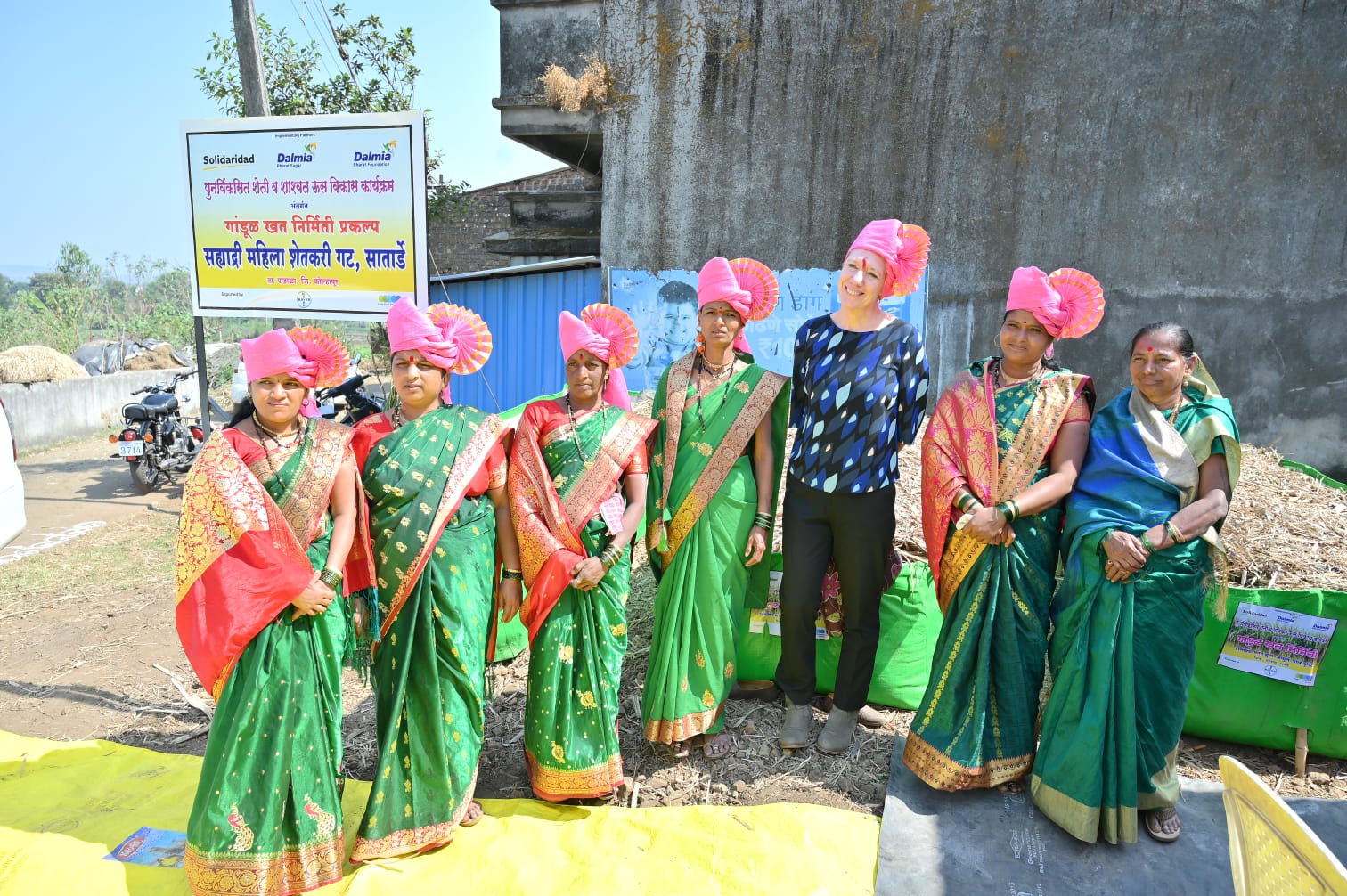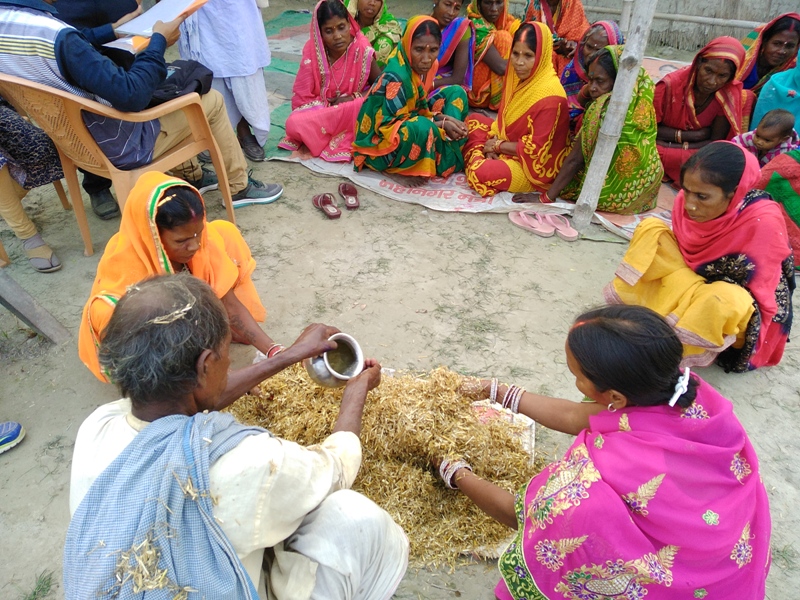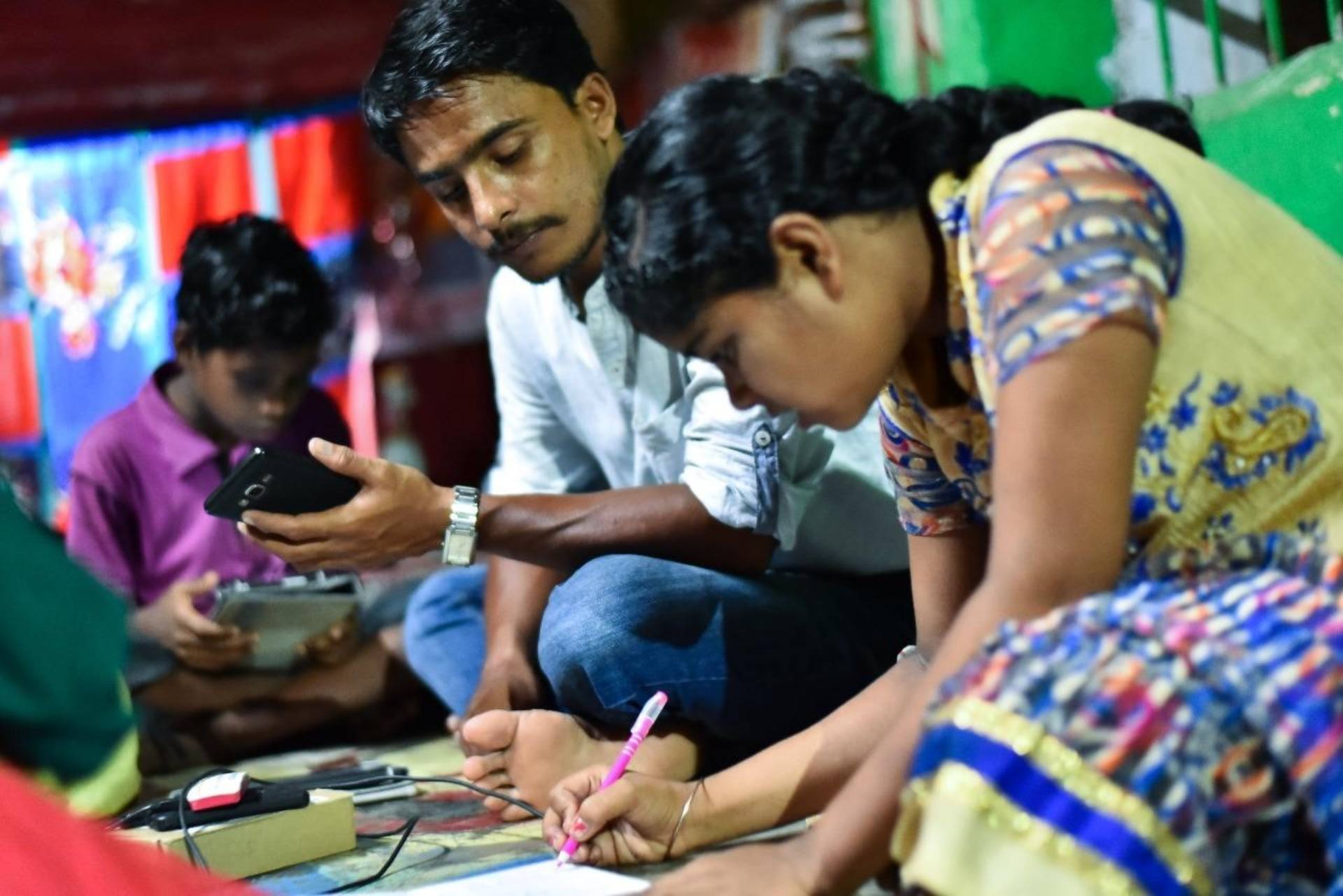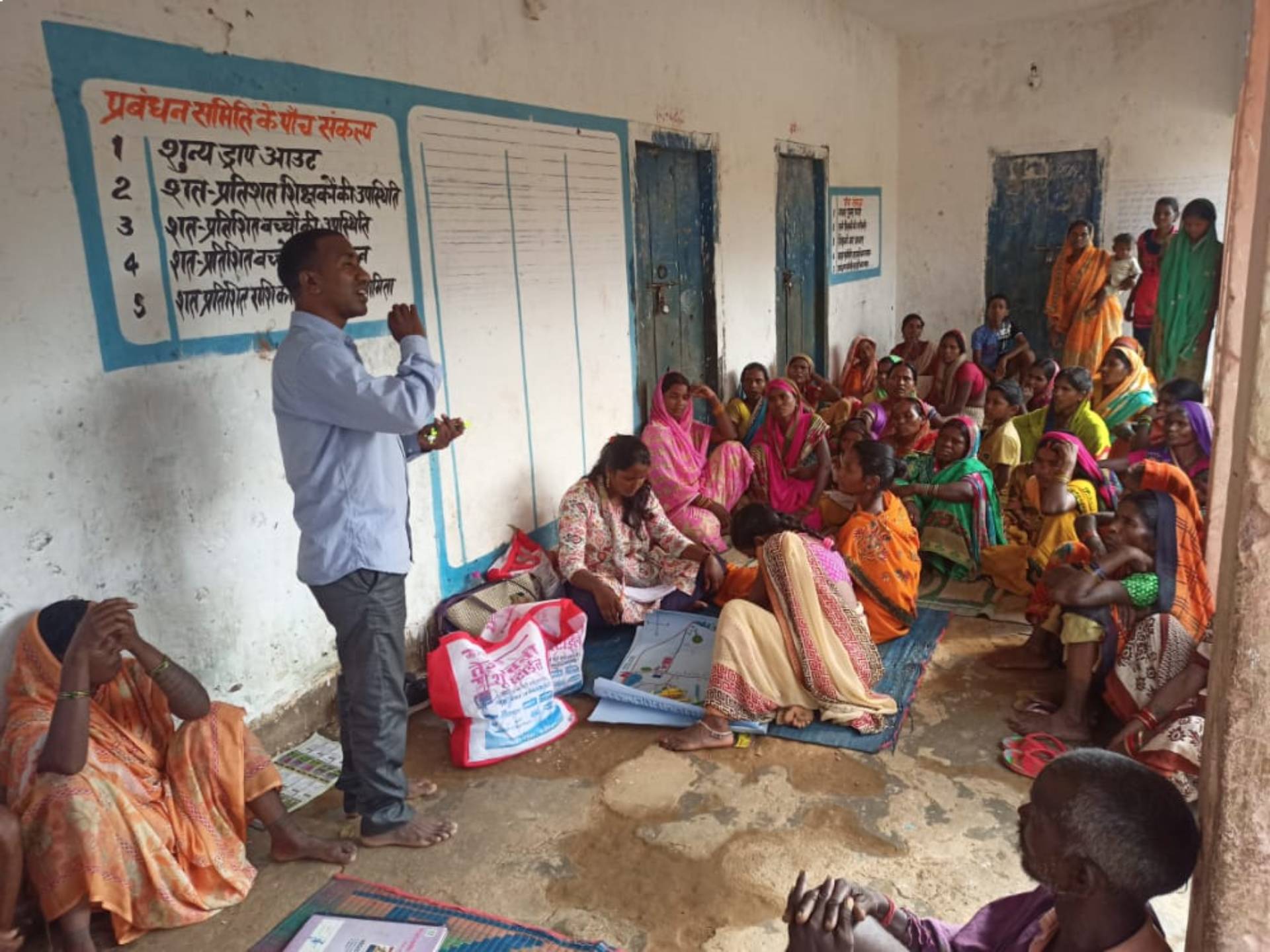Trickle Up complemented government initiatives, aiming to address the diverse adaptability levels to modern influences within the PVTGs, with a primary focus on combating malnutrition
In India, there are over 700 officially recognized ethnic tribes classified as Scheduled Tribes. Among them, 75 belong to the category of Particularly Vulnerable Tribal Groups (PVTGs), identified based on criteria such as their pre-agricultural technology, low literacy rates, economic backwardness, and declining or stagnant populations. Previously referred to as Primitive Tribal Groups (PTGs), these communities have witnessed positive changes in their status due to dedicated development efforts, leading to the adoption of the term PVTG.
The state of Odisha boasts the highest diversity of PVTGs in the country, featuring 13 distinct groups. Among these, the Juanga community has garnered significant attention, primarily due to a tragic incident in 2016 when 22 Juanga children in the Nagada region of Sukinda Block, Jajpur district, succumbed to malnutrition. Although the Juanga tribe traditionally resides in Juanga Pidha, located in the neighboring Keonjhar district, some families had migrated to nearby hill regions, resulting in their presence in Jajpur district. Interestingly, the hill-dwelling Juangas perceive themselves as socially superior to their counterparts residing on the plains, despite facing greater disadvantages. Like other tribal communities, the PVTGs exhibit unique psycho-social characteristics that shape their readiness to embrace mainstream society or adapt to changes in their lifestyle and behavior, even if such changes may be detrimental.
The PVTGs, including the Juanga community, have shown varying degrees of receptiveness to external influences. While some have become familiar with modern elements like currency and processed beverages or have transitioned to materials like asbestos for roofing, they continue to grapple with deeply ingrained practices such as child marriage, reluctance to seek medical treatment, and avoidance of animal milk consumption.
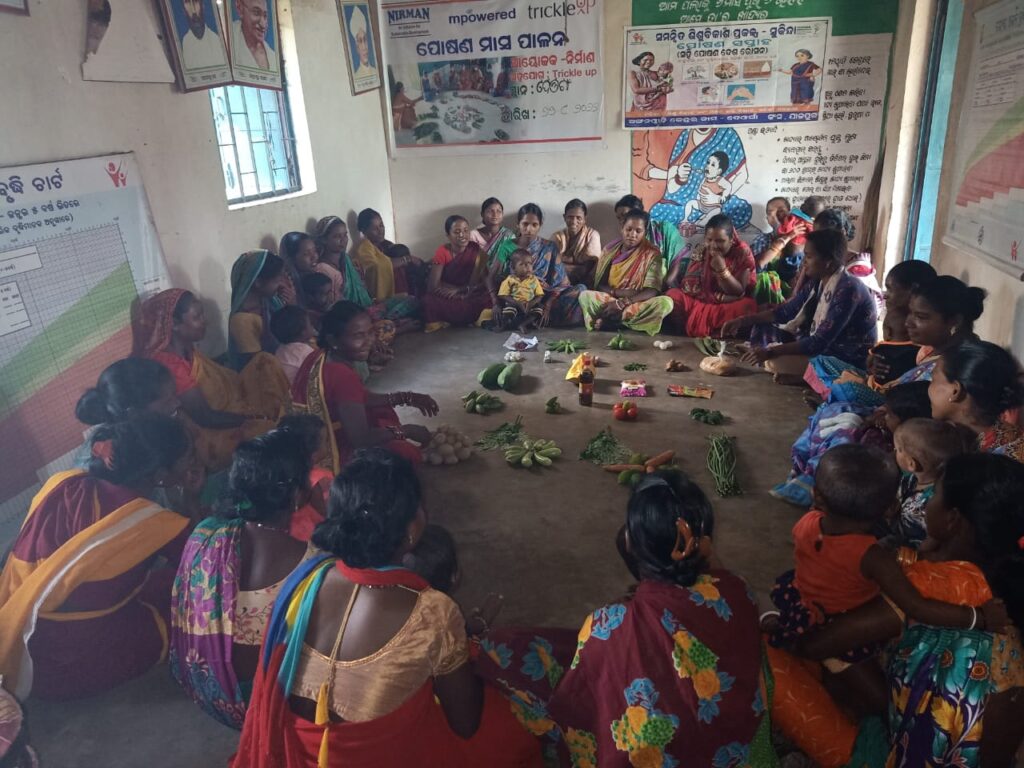
In response to these challenges, Trickle Up undertook the task of complementing government initiatives aimed at addressing the Juanga community’s backwardness, particularly in terms of malnutrition. This endeavor began in Nagada and six neighboring villages in 2017 and was followed by the Mpowered program in 2018. Targeting 200 Juanga households, the intervention focused on promoting sustainable development through capacity building and financial empowerment of women. NIRMAN, Trickle Up’s partner organization, joined the effort in June 2022 to enhance the project’s effectiveness and speed. NIRMAN established a field office in the area and deployed four competent field workers, one of whom was a Juanga native, to facilitate targeted behavioral changes.
To empower the community further, 12 capable women from the locality were selected to become change-makers, known as Smart Sakhis. They received comprehensive training and were provided with cell phones to facilitate the adoption and promotion of ‘smart’ practices relevant to their development. The targeted households received support, including planting materials, to create kitchen gardens or nutrition gardens, ensuring a diverse supply of vegetables to improve nutrition. They were also encouraged to replace their traditional rice-salt diet with more nutritious options like rice-dal-curry or rice & dalma.
To address health and nutrition concerns specific to PVTGs, a dedicated training module was developed, covering topics such as health, nutrition, financial literacy, government entitlements, and climate resilience. The Nutrition Festival held in Nagada under this intervention witnessed enthusiastic participation from local women, who showcased traditional recipes with diverse nutritional significance. As a result of these efforts, all 200 project participants established nutrition gardens in their backyards and adopted climate-resilient agricultural practices, including seed treatment and the use of bio-fertilizers and pest repellents.
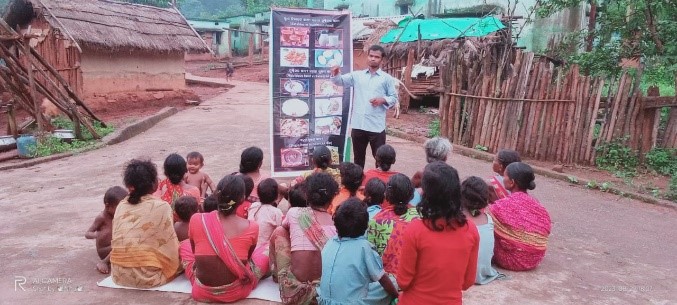
In addition to maintaining individual kitchen gardens, four Self-Help Groups actively engaged in collective vegetable cultivation. These groups leased or acquired land through goodwill arrangements and collectively cultivated a diverse range of vegetables for sale. This collective effort not only contributed to their nutritional well-being but also boosted their confidence and negotiation skills.
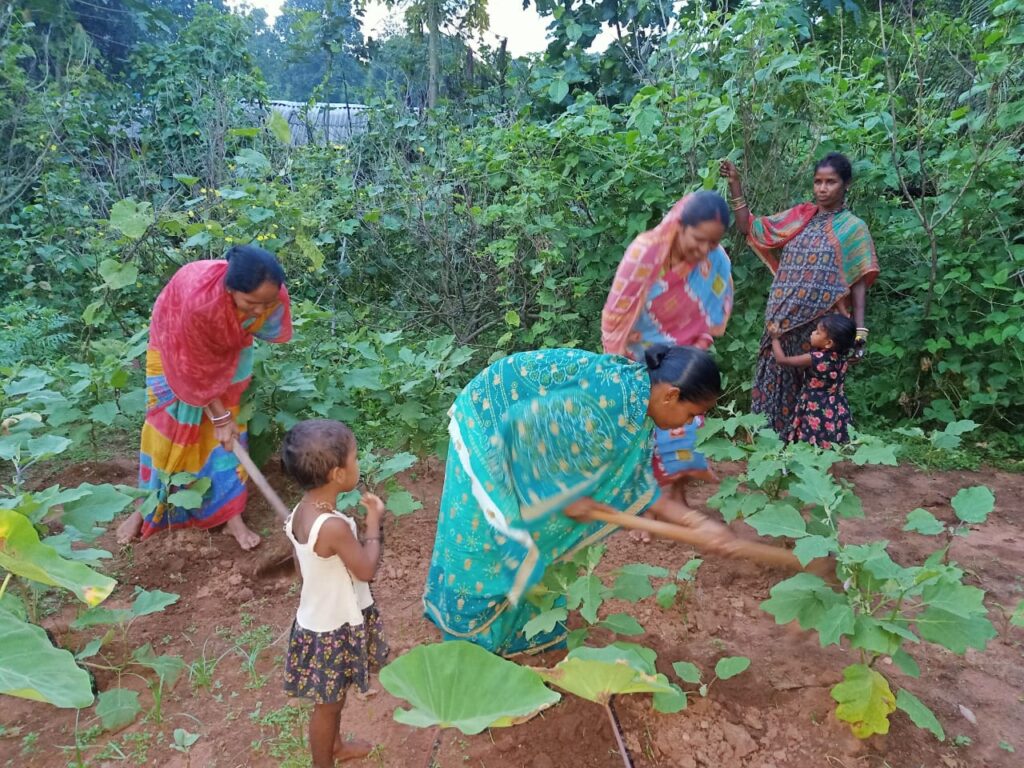
The functional literacy initiative proved transformative for Smart Sakhis and project participants, enabling them to sign their names and read, showcasing their newfound skills. The increased participation of project participants in Self-Help Group meetings and gram sabhas reflects the empowerment of women in the community.
The Nagada group of villages serves as a microcosm of development disparities. While some Juanga villages, like Deogan & Kankadagodi, exhibit relatively fewer challenges, others, such as Guhiasal & Tumuni, face more acute development disparities due to their lack of connectivity to all-weather roads. Addressing these disparities requires a comprehensive and long-term development intervention that recognizes the anthropological realities of the Juanga community, among other issues. Despite the inherent limitations of short-term and specific project interventions, the partnership between Trickle Up and NIRMAN has yielded both qualitative and quantitative improvements in the area. These positive changes are evident in the growing number of kitchen and nutrition gardens and the transformation of dietary habits.
Furthermore, the construction of an all-weather road up to Nagada has expanded opportunities for the community. In light of these achievements, it is our hope that this successful partnership intervention will continue in the long term, with expanded provisions and a more comprehensive approach. The people, having become intimately familiar with this intervention, are now expecting even greater positive impacts.
All images by Trickle Up



